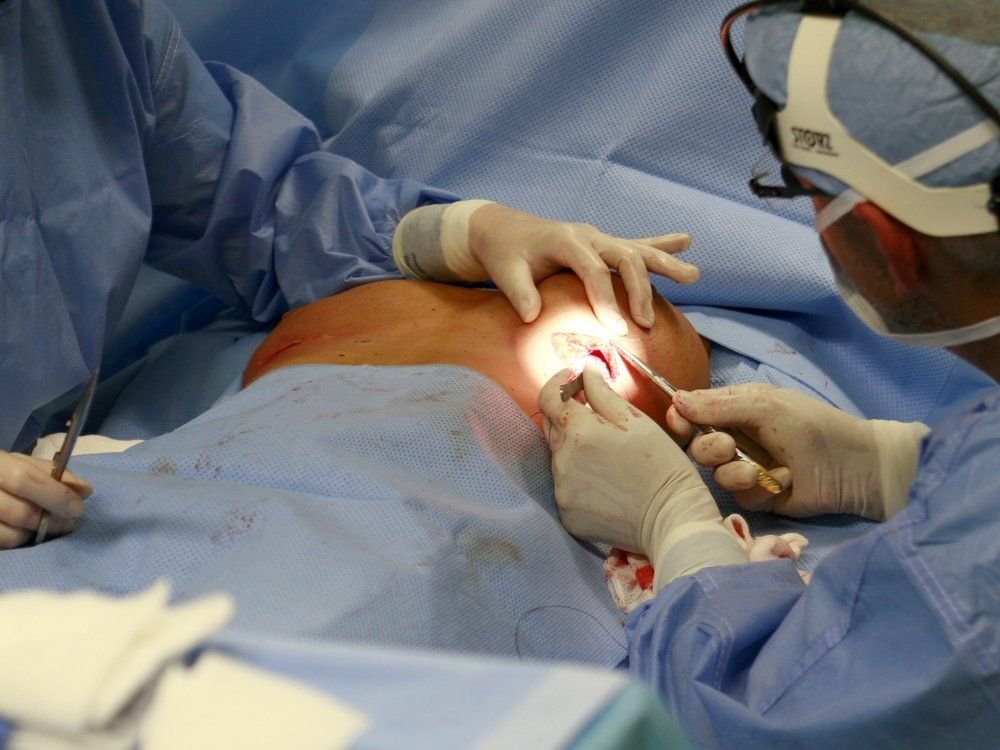Pain After Breast Reconstruction
Most surgical interventions come with some degree of postoperative pain or discomfort. This can be a source of fear and anxiety for many patients facing mastectomy and breast reconstruction surgery. At Breast Reconstruction Associates, we use a specific pain control protocol that has proven efficacy, and we work together with patients to achieve the optimal degree of pain control. Most of our patients have been pleasantly surprised that their pain was less than expected. Here is some insight into the way we approach pain control.
While it is not feasible to guarantee a pain score of 0/10, even with adequate pain medications, we are committed to helping you remain as comfortable as is safely possible after surgery. Our goals are to reduce your discomfort to a degree that is tolerable so regular activities of daily living can be performed, to avoid over-sedation, and to avoid adverse medication side effects.
There are many different types of pain that are experienced after mastectomy and breast reconstruction—general post-operative pain of incision sites, neuropathy (nerve-related pain) and musculoskeletal pain. In our pain control protocol, we prescribe medications that target each type of pain to yield better overall pain control.
The post-operative pain medication regimen used at Breast Reconstruction Associates is aligned with the ERAS (Enhanced Recovery After Surgery) protocol. This protocol was developed to be a perioperative strategy that promotes quicker recovery after surgery and helps patients avoid opioid-based pain medications. The medication regimen associated with this protocol is supported by evidence-based research and is used worldwide. Our practice takes a patient-centered approach to the use of this regimen and we have had great success with our patients’ post-operative recovery.
Our patients are our priority. Your post-operative comfort and care are important to us. If you are considering DIEP flap breast reconstruction and have questions about post-operative pain, reach out to our plastic surgeons at Breast Reconstruction Associates.



